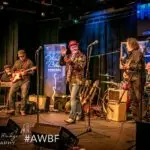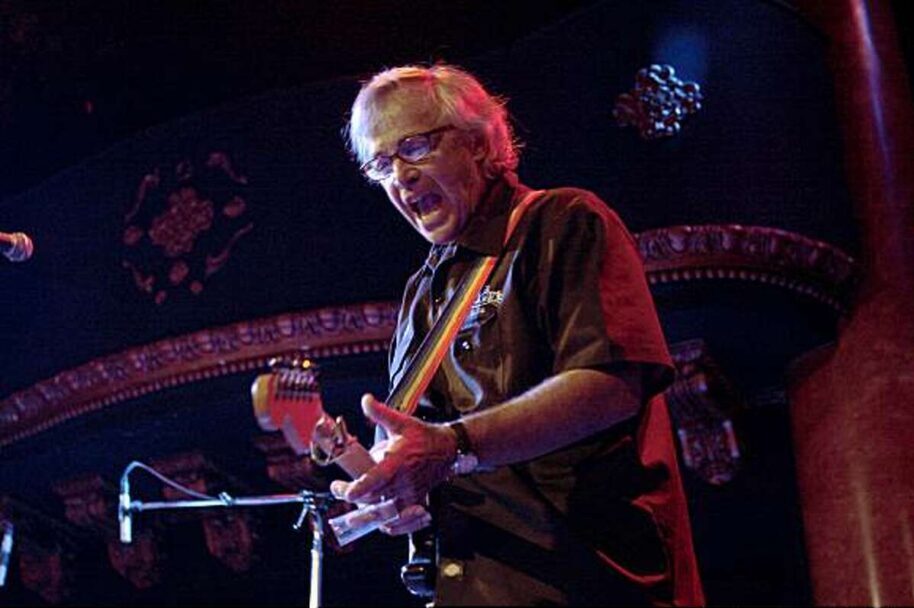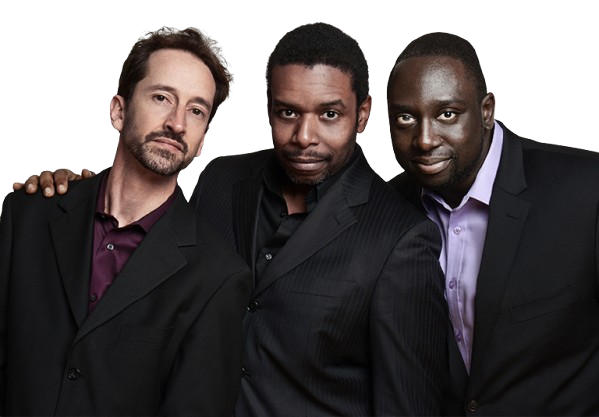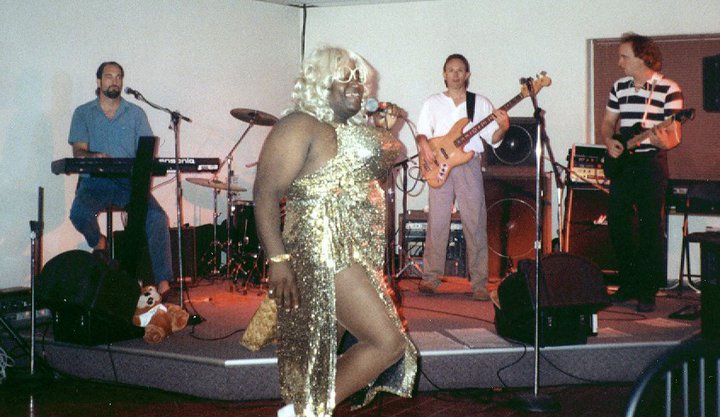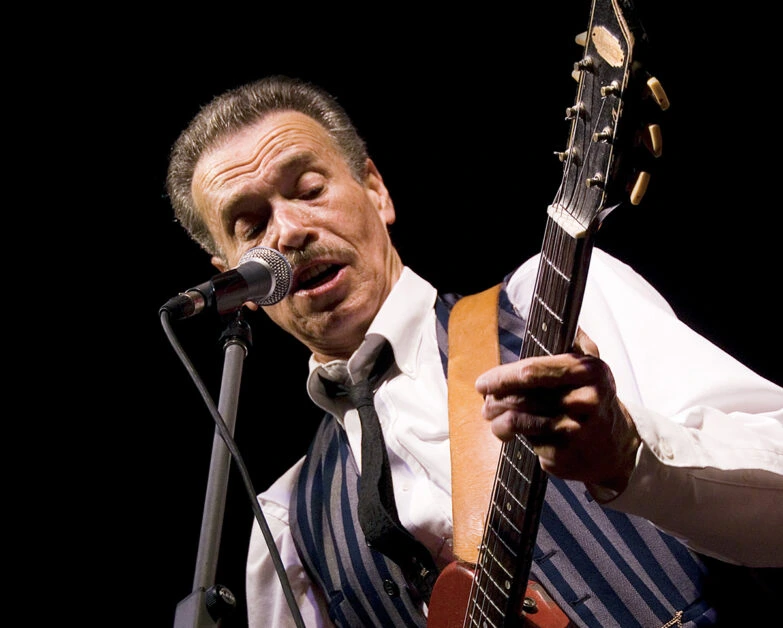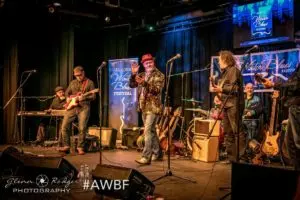In an era defined by political turmoil, social injustice, and economic struggle, the blues remains one of the most powerful musical forms to articulate the pain, defiance, and hope of marginalized voices. Born from the suffering of Black Americans in the Deep South, the blues has always been more than just music—it’s a chronicle of oppression, a weapon of protest, and a balm for the weary soul.
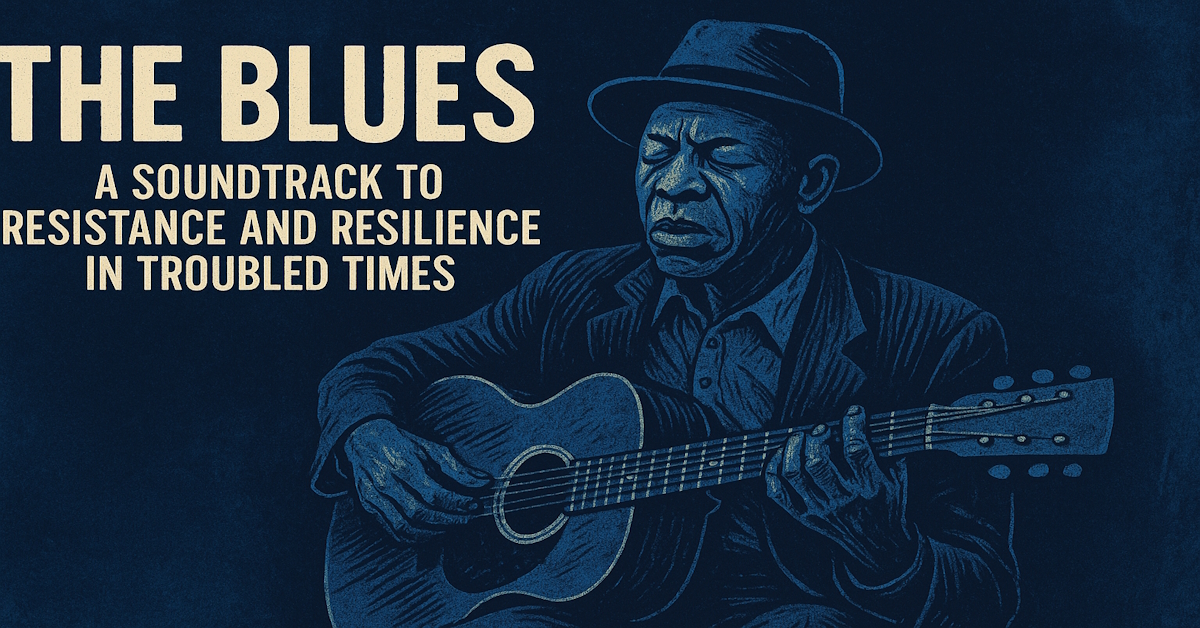
Blues as Political Commentary
From its earliest days, blues musicians used their craft to reflect the struggles of their communities. Songs like Bessie Smith’s “Poor Man’s Blues” (1928) and Lead Belly’s “Bourgeois Blues” (1937) directly critiqued economic inequality and racial discrimination. Today, as we face renewed attacks on voting rights, systemic racism, and widening wealth gaps, the blues’ raw honesty feels as relevant as ever.
Artists like Gary Clark Jr. and Shemekia Copeland carry the torch, blending traditional blues with contemporary social critique. Clark’s “This Land” (2019) is a fiery anthem against racism and land ownership disputes in the South, while Copeland’s “Americans” (2020) challenges the nation to confront its legacy of injustice.
Why the Blues Still Matters
In a time of political division, the blues reminds us of our shared humanity. It’s a genre built on truth-telling—whether about police brutality, poverty, or resilience. When politicians stoke fear and division, blues musicians respond with stories of survival and solidarity.
Moreover, the blues has always been a foundation for protest music, influencing rock, hip-hop, and folk. Without the blues, there would be no Bob Dylan, no Public Enemy, no Rage Against the Machine. Its legacy lives on whenever artists use music to speak truth to power.
The Call to Listen—and Act
As we navigate today’s political storms, we must turn to the blues not just for solace, but for inspiration. The genre teaches us that pain can be transformed into power, and that even in the darkest times, music can light the way forward.
So put on a Muddy Waters record, blast some Rhiannon Giddens, or discover a local blues artist near you. Listen closely—the blues isn’t just history. It’s a living, breathing call to action.
What blues songs speak to today’s struggles for you? Drop your picks in the comments!
#BluesMusic #ProtestSongs #SocialJustice #MusicAndPolitics #ResistanceSounds
Joe Ruicci / Music Blogger / Editor

